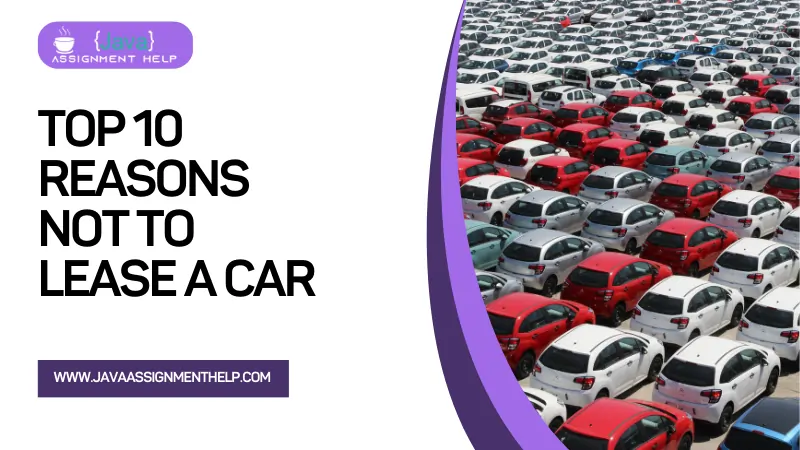Are you searching to lease a car? If yes, then wait, have a close look at the top 10 reasons not to lease a car in 2023 to save lots of money.
Lease terms don’t fit start-up lives. — Alexa Hirschfeld
Are you considering leasing a set of cars? A car is a big expenditure for many families. Many lease their new ride; almost 30 percent of new car trades are rented. Keep reading to find the pros and cons of buying versus leasing.
Moreover, car leasing isn’t good for everyone, specifically if you’re struggling with poor credit. Though leasing can appear pretty, since you’re not settling the total vehicle cost, it can be tricky to qualify. A more down monthly expenditure is one of the many benefits of leasing, which is a prominent draw in today’s high-priced trucks, SUVs, and cars.
Nevertheless, there are many benefits, though there are 10 reasons not to lease a car.
What Is The Meaning Of Car Leasing?
What is the exact meaning of car leasing, and why do so many people opt for it? As stated, car leasing includes an up-front deposit emulated by monthly expenses. Nevertheless, the leasing agreement comes with a rare limitation, i.e.,
- An approved mileage limitation.
- No supervision cover.
- Upkeep cover is available as an extra fee.
- Accountability for any damage when returning the car.
Compared to owning a car, car leasing typically has several limitations. It’s obvious right away that this isn’t your car; you’re just renting it.
For some, the lower initial cost of this rental is worth it. However, not owning the asset you’re driving has serious consequences. With leasing, you get none of the benefits of owning an asset but all the risks.
What Is The Difference Between Buying And Leasing?
These are the following differences between leasing and buying. It is such as;
| Parameter | Buying | Leasing |
| 1. Definition | involves the transfer of title for the relevant asset or product. | It involves the right to use the asset or product in question, not a title transfer. |
| 2. Possession Right | complete ownership of the asset or property. | Right to utilize the asset or property for the owner’s benefit. |
| 3. Flexibility | No flexibility because the buyer now owns the property. | Flexible as long as the owner or lessor retains ownership and responsibility. |
| 4. Advantages | Pay the whole sum to take possession. | Pay the rental fees and continue using the item until the lease term is finished. |
| 5. Beneficiaries | Big and medium company owners. | New company owners who are still experimenting |
| 6. Periodic Payment | No – expended in a lump sum. | Yes – spent in the state of frequent rental costs. |
| 7. Exchange Value | Huge | Less |
| 8. Accountability | New Owner | Owner (if using lease car) Lessee (for finance lease) |
| 9. Taxation | Section 179 of the Internal Revenue Code permits the deduction of the entire cost of the acquired asset. | To receive the tax benefits, claim it as a business expense. |
Is It Ever A Good Idea To Rent?
Some people can benefit from renting in some situations. For example, if you own a small business and use your car for that business, you can often deduct the cost of the car from your taxes. It could hurt you in two ways:
- You haven’t saved anything if the lease cost doesn’t put you over your standard deduction.
- If your business requires you to drive more than your allowed miles, you will have to pay extra fees.
If not, a lease can be a good choice for someone who wants a new car every few years and doesn’t mind that their payments aren’t an investment but a cost.
As you can probably see, leasing isn’t usually the best choice, even if you have extra money. Let’s have a look at 10 reasons not to lease a car.
Top 10 Reasons Not to Lease A Car
Leasing isn’t all it’s talked up to be, as an auto insurance super app and broker will explain. Jerry presents the top 10 reasons not to lease a car.
1. A Leased Car Is Not Very Customizable
One of the first 10 reasons not to lease a car is that you can customize the car. When you lease a vehicle, the dealer anticipates receiving it back in the exact state they delivered it in, minus normal wear and use. Before returning your leased car, modifications—like newly installed window tint—must be taken out. Any primary changes will lead to huge penalties.
2. Your Lease Terms Continue to Apply Even if You Are Involved in an Accident
Your lease payments won’t change even if you total the automobile. As a result, you risk paying a significant sum to the dealership for a total loss vehicle if you don’t have gap coverage.
3. Insurance Premiums and Registration Costs Are Frequently Higher
Depending on your state, you could spend more to register a leased car than a bought one. Additionally, your dealer will demand you to carry higher limits of full coverage insurance than would be necessary for a vehicle you own, irrespective of your state.
4. Maintenance and Repairs Cost Money
Some manufacturers will include maintenance and some repairs in the cost of your lease, but the majority will expect you to pay for everything on your own. Additionally, you can face penalties if you don’t maintain your car as required after your lease period.
5. The Vehicle Must Be Kept in Immaculate Condition
The car dealer will anticipate receiving the vehicle back in the same condition they delivered it to you when they leased it. They will, of course, permit some wear and tear, but if you return the car with any damage they deem excessive, you risk facing stiff fines.
6. The Number of Miles You Can Go is Constrained
Most leases impose a yearly mileage cap. When you sign your lease, you and your lender will decide on a mileage cap. You’ll be charged for extra mileage if you go over that limit.
7. Early Departure Will Cost You
You normally must pay the remaining balance on the lease terms and hefty early termination costs to break a lease. There are ways to prevent this, but they all entail doing something that ultimately serves the dealer’s interests over yours.
8. At the End of Your Lease, You Will Have Nothing to Invest Toward a New Vehicle
You leave with nothing when your lease expires. All the payments you’ve previously made are in vain, even if you decide to purchase the vehicle you leased.
To make matters worse, you frequently have to pay a lease disposition charge, which means that not only do you leave empty-handed, but you also have to pay for the privilege.
Also Read: Types Of Marketing Jobs, Benefits of LLC for Software Development Business
9. You Pay More Additional Interest on a Lease Than on a Buy
Though your monthly payment may be lower on a lease than on a purchase, most of that payment will be toward interest for a car you don’t own. Paying high-interest rates is never a good idea.
10. Spending Thousands of Dollars on Something You’re Just Returning
Renting an apartment and leasing a vehicle is very similar. You pay several hundred dollars monthly for the right to use something, but that sum is NOT a down payment. If you decide to purchase your vehicle after your lease, you’ll probably end up paying thousands more overall than if you’d simply financed it.
10 Reasons Not To Lease A Car In Uk
Following are the ten reasons not to lease a car in Uk, it is such as;
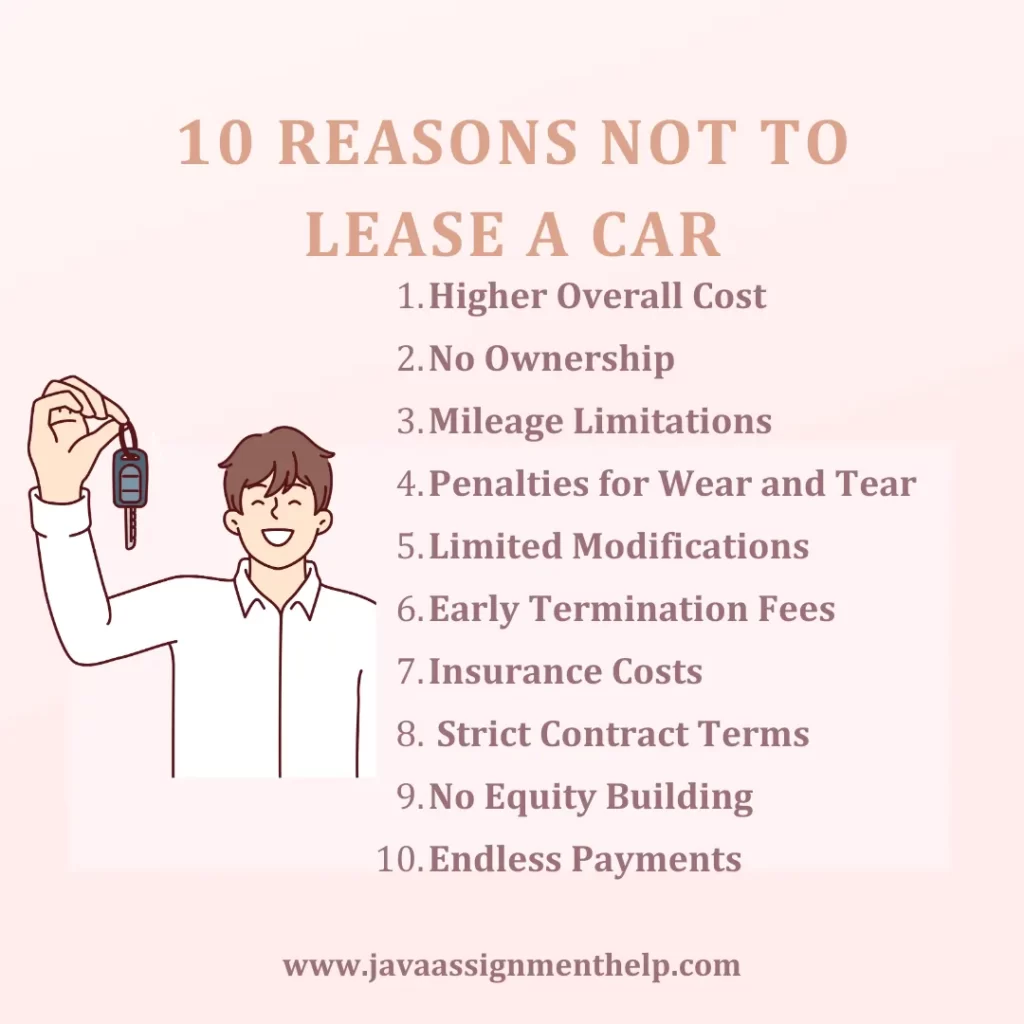
1. Higher Overall Cost: Leasing a car often results in a higher overall cost compared to buying, as you are essentially paying for the depreciation of the vehicle.
2. No Ownership: With a lease, you don’t own the car, and you won’t have any equity in the vehicle at the end of the lease term.
3. Mileage Limitations: Leases typically come with mileage restrictions, and exceeding those limits can result in additional charges.
4. Penalties for Wear and Tear: You may be charged for excessive wear and tear on the leased vehicle, reducing its return value.
5. Limited Modifications: Lease agreements may restrict or prohibit modifications to the vehicle, limiting personalization options.
6. Early Termination Fees: Ending the lease early can incur substantial penalties and fees.
7. Insurance Costs: Insurance premiums can be higher for leased cars, especially if the leasing company requires specific coverage levels.
8. Strict Contract Terms: Lease contracts have strict terms and conditions that can be challenging to modify or negotiate.
9. No Equity Building: Unlike purchasing a car, leasing does not allow you to build equity or an asset over time.
10. Endless Payments: With leasing, you are essentially stuck in a cycle of continuous payments, as you’ll need to lease another vehicle once the current lease term ends.
6 Things To Know Before Leasing a Car
If you are considering leasing a car, you should know a few things before you sign on the dotted line. Here are some key considerations:
1. Understand the Terms of the Lease

Make sure you fully understand the terms of the lease agreement, including the monthly payment, the lease length, and any fees or charges that may apply. It’s important to read the fine print and ask questions if there’s anything you don’t understand.
Know Your Budget: Before shopping for a lease, determine how much you can afford each month. Consider your other expenses to ensure you can comfortably make the payments.
2. Research the Car

Research the Car Make sure you research the car you’re interested in leasing, including its resale value and reliability ratings. This can help you negotiate a better deal and ensure you are getting a good value. In addition, understanding the legalities around vehicle ownership, such as whether you can junk a vehicle that has a title loan, is crucial for making informed decisions regarding your car’s lifecycle and potential exit strategies.
3. Consider Mileage Limits
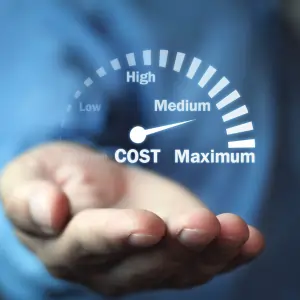
Most leases come with mileage limits, which can result in additional fees if you exceed them. Make sure you choose a lease with a mileage limit that matches your driving needs.
4. Factor in Upfront Cost
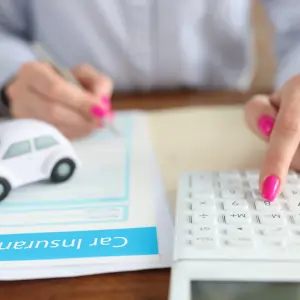
When leasing a car, you may need to pay upfront costs, such as a down payment, taxes, registration fees, and other charges. Be sure to factor these into your budget.
5. Get Gap Insurance
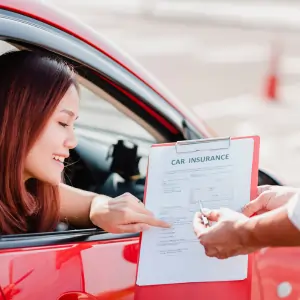
Gap insurance covers the difference between the value of the car and the amount owed on the lease if the car is totaled or stolen. It’s a good idea to have this type of insurance when leasing a car especially when considering specific vehicle services like limousine service.
6. Understand End-of-Lease Options

When your lease term ends, you’ll have options for returning the car or purchasing it. Make sure you understand your options and any associated fees or charges.
Conclusion
In this blog, we discuss the top 10 reasons not to lease a car. I hope all the above-given information is helpful for you.
Leasing a car is a short-sighted decision. In exceptional circumstances, leasing a dream car makes sense. However, the majority of drivers should buy a dependable old car. All the above-given reasons are most valid.
Frequently Asked Questions
What Are The Disadvantages of Leasing A Car?
The two main drawbacks of leasing are that, unless you have a buyout option, you have nothing to show for it after the lease. Internal interest rates—usually more expensive—are already factored into the lease cost.
Should I Haggle Over the Lease?
You could be wondering if you can negotiate the rent if you’ve located the apartment you want to rent or if it’s time to renew your current lease and you wish the cost were lower. Yes, to answer briefly. You never receive anything unless you ask for it, after all.
Is Car Lease Policy Beneficial?
The benefits of a car lease policy depend on individual circumstances, driving habits, and financial considerations.
Can I Save Tax If I Lease A Car?
In some cases, leasing a car can provide tax benefits, such as deducting lease payments for business use.

